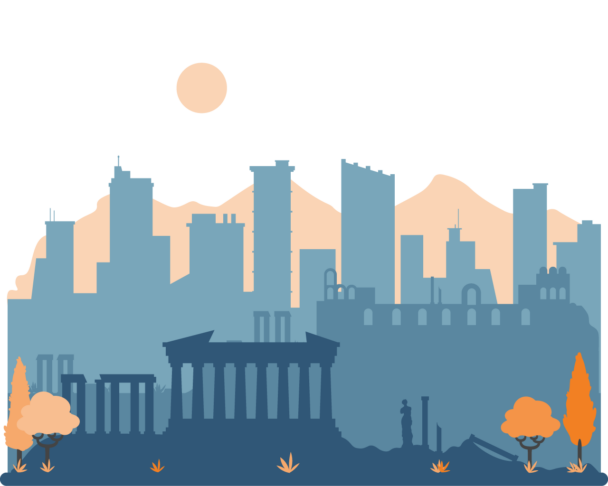Description
Promoting inclusion, intercultural understanding, empathy, and democratic values at school has never been as essential as now. In a world where the migration of people across nations is the norm, teachers are requested to equip young learners with all the competencies necessary for becoming responsible citizens of tomorrow’s democratic society.
This course proposes drama pedagogy as a response to this challenge. Drama in education has been recognized internationally by teachers as a compelling, challenging, and stimulating learning experience through which students can explore issues from across the curriculum, develop their understanding of drama, hone real-life knowledge and skills, and come to a better understanding of the world around them.
Students learn not only about drama but also through drama – that is, they learn to exploit dramatic experiences to make meaning from the real world.
The course highlights the key features of drama in education to clarify its principles and strengths and adopts a hands-on approach.
As a participant, you will learn how to use drama as a teaching tool in educational contexts by engaging directly in two drama workshops – on the themes of inclusion and democratic values, respectively. After each workshop, the group will debrief and reflect on the first-hand dramatic experience.
Participants will also take away drama strategies and resources with ready-to-use lesson plans, a wide range of drama conventions, and tips for teachers’ roles using drama as a teaching tool.
By the end of the course, you will know how to use drama to structure creative, enactive, and engaging learning experiences for your students.
Join this course to experience the transformative power of drama in education, and take away the toolbox with a wide range of drama strategies and lesson plans for you to use in your classes.
Note: Prior experience or knowledge of drama pedagogy is not required. Participants will be guided step-by-step to participate and learn from the dramatic experience.
What is included
Learning outcomes
The course will help the participants to:
- Learn the key features and the strengths of drama in education;
- Participate in improvisation;
- Participate and engage in dramatic experiences;
- Gain knowledge of a wide range of drama strategies and their use in various educational contexts.
Tentative schedule
Day 1 – Introduction to the course and to drama pedagogy
- Introduction to the course, the school, and the external week activities;
- Icebreaker activities;
- Presentations of the participants’ schools;
- Learning about drama VS. Learning through drama: Meaning-making from the dramatic experience;
- Strengths of drama pedagogy for 21st-century learning: participative, collaborative, democratic, authentic, stimulates critical thinking;
- The process is the purpose: basics of process drama and improvisation through theatre games.
Day 2 – Process drama workshop on inclusion (Part 1)
- Experience a complete process drama workshop for learning about inclusion;
- Debrief and reflect on the theme based on the dramatic experience.
Day 3 – Process drama workshop on inclusion (Part 2)
- Debrief the strategies of the process drama on inclusion;
- Roles of teachers in drama pedagogy;
- Tips for implementing the drama conventions in your lessons.
Day 4 – Drama workshop on democratic values (Part 1)
- Experience a complete drama workshop to learn about democratic values;
- Debrief and reflect on the theme based on the dramatic experience.
Day 5 – Drama workshop on democratic values (Part 2)
- Debrief the strategies of the drama workshop on democratic values;
- Tips for implementing the drama conventions in your lessons;
- Resources of drama pedagogy, e.g. lesson plans, drama conventions, tips for teachers.
Day 6 – Course closure & cultural activities
- Course evaluation: round-up of acquired competencies, feedback, and discussion;
- Awarding of the course Certificate of Attendance;
- Excursion and other external cultural activities.



